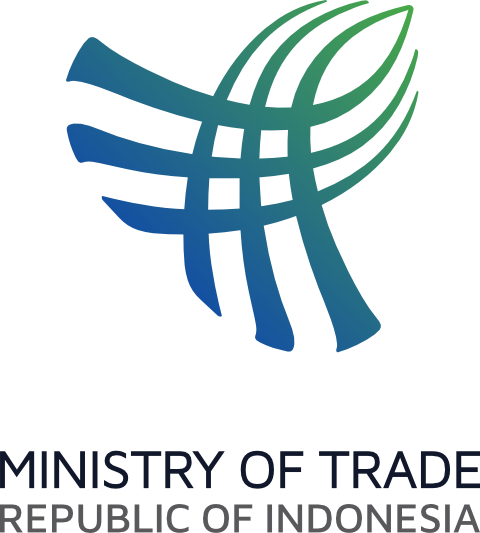
Impacts of Iran-Israel conflict on Nigeria’s economy
Impacts of Iran-Israel conflict on Nigeria’s economy
The International Monetary Fund’s April 2025 World Economic Outlook forecasts that Nigeria’s inflation will rise sharply to 37% in 2026, after moderating to 26.5% in 2025 from 33.2% in 2024. The IMF also downgraded Nigeria’s GDP growth forecast for 2025 to 3.0% (from 3.2%) and to 2.7% in 2026, citing vulnerabilities from weakening global oil prices and external shocks. This outlook has received mixed reactions, with some economists considering it overly pessimistic.
The recent escalation of conflict between Israel and Iran caused a sharp increase in global oil prices, with Brent crude rising over 4% and Nigeria’s key crude grades exceeding $77 per barrel. While this spike could boost Nigeria’s oil revenues, the country’s actual oil production remains below capacity (around 1.5 million barrels per day versus a capacity near 2 million), limiting its ability to capitalize fully on higher prices. Additionally, many of Nigeria’s oil exports are under long-term fixed-price contracts, further constraining immediate gains.
Despite the potential for increased oil revenue, structural issues such as poor oil production capacity, infrastructure deficits, and over-reliance on oil exports continue to hamper Nigeria’s economic prospects. Inflationary pressures are expected to persist, especially as rising crude prices tend to increase local fuel costs. Since Nigeria imports refined petroleum products and has recently removed fuel subsidies, higher global prices directly translate to higher domestic fuel prices, pushing up costs for transportation, food, and power — thereby squeezing household budgets.
The article also highlights broader economic risks: rising inflation could prompt tighter monetary policy and interest rate hikes, adding pressure on businesses already struggling with costs. On the geopolitical front, Nigeria’s neutral stance amid the Israel-Iran conflict masks significant regional security risks. The conflict may embolden extremist groups in West Africa, potentially destabilizing the Sahel and Nigeria itself, especially if Western security support diminishes.
Experts advise that while Nigeria might benefit in the short term from higher oil prices, the country must undertake long-term reforms to boost oil production, diversify its economy, and reduce vulnerability to external shocks. The IMF cautions that global trade tensions and financial market uncertainties remain significant risks. Nigeria’s ability to manage these economic and geopolitical challenges will be critical for its future stability and growth.








